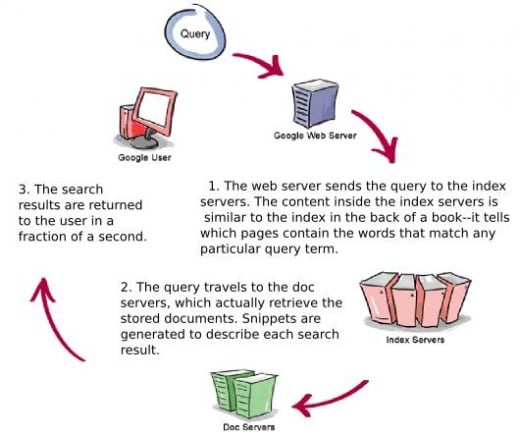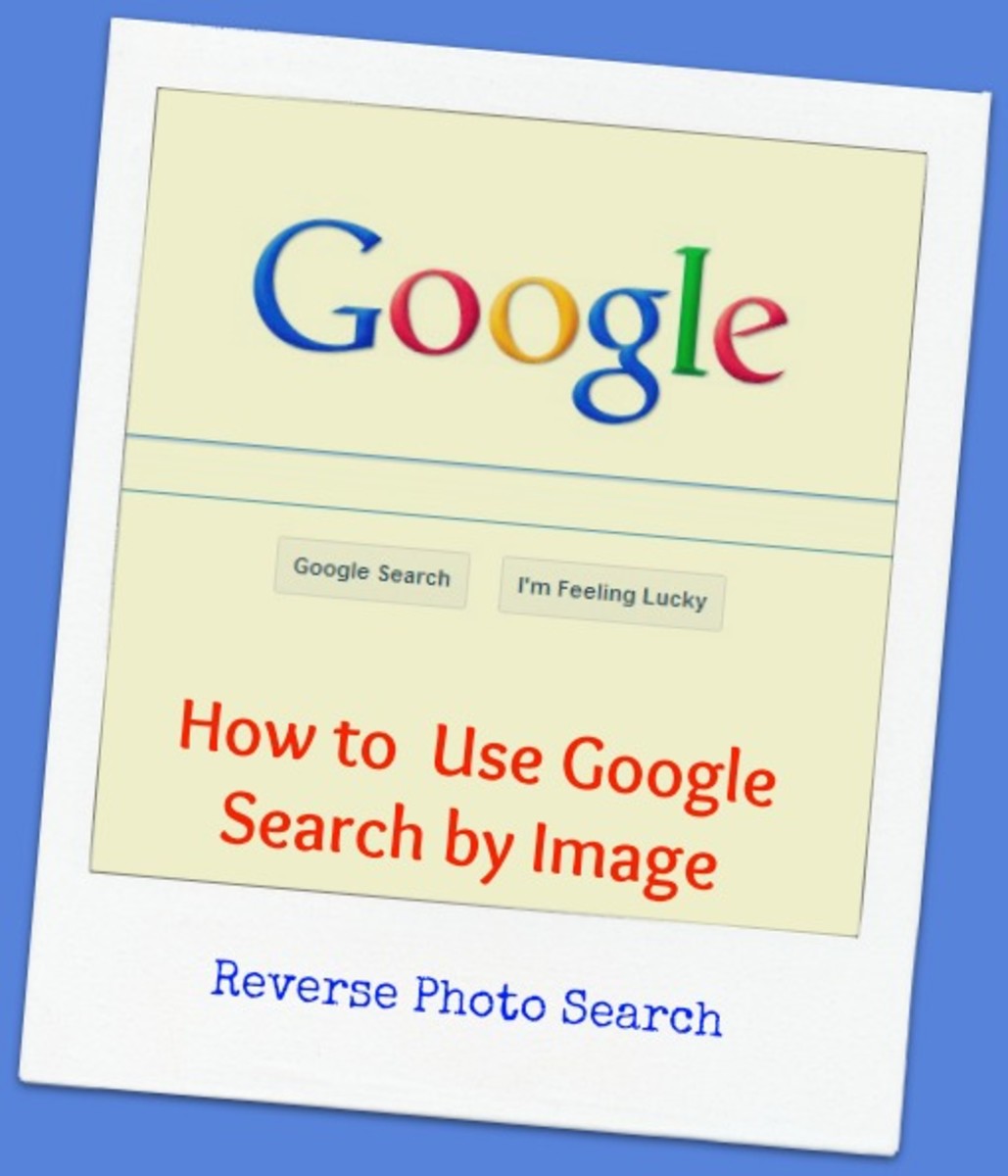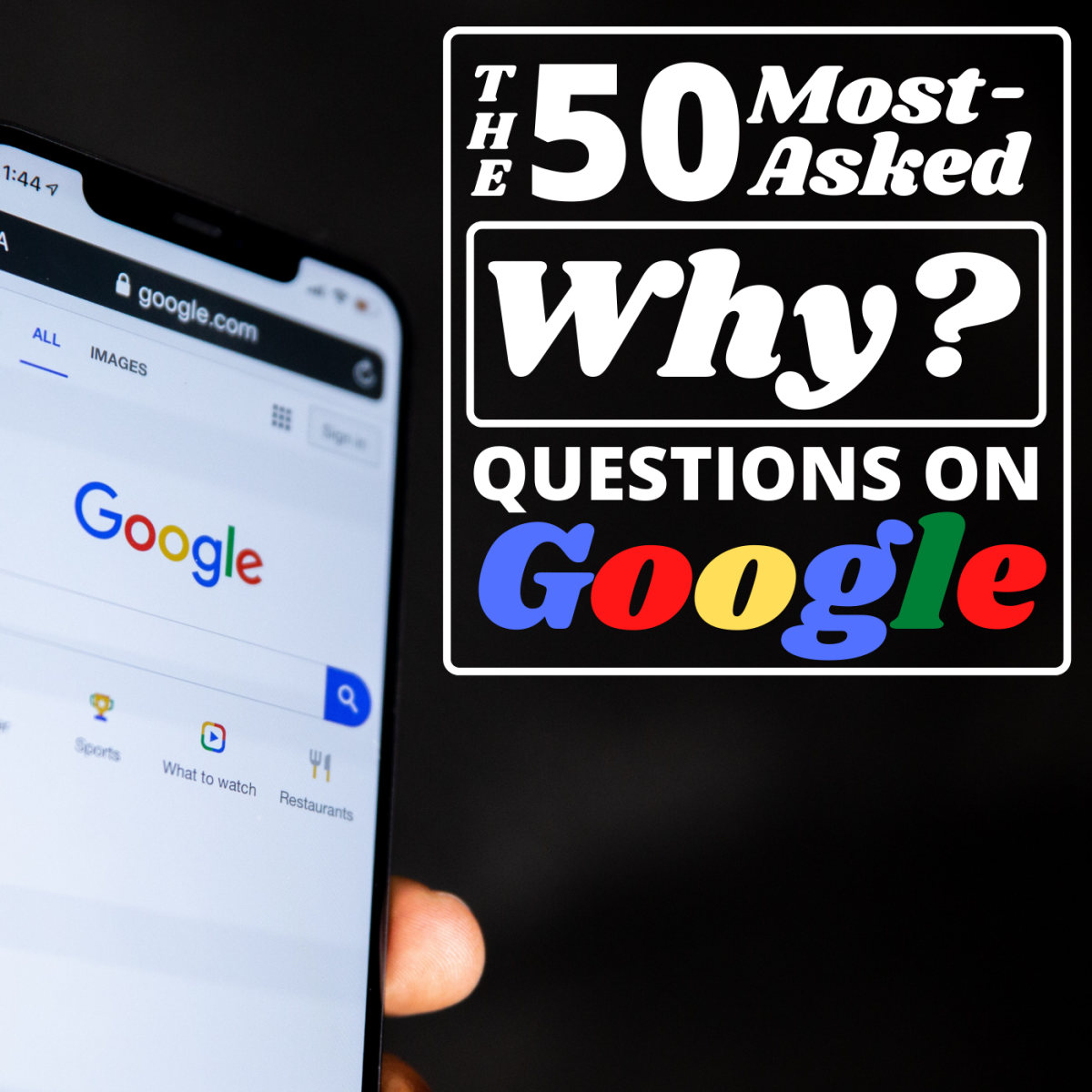- HubPages»
- Technology»
- Internet & the Web»
- Search Engines
How Google Search Engine n Page Rank Algorithm Works?

Learning how Google works is a plus to everyone trying to make their presence felt in Google world, because the inner working principle of Google will strengthen your knowledge base of SEO competition. Believe it or not, the term “web search engine” or “search engine Google” is a part of our life like any other necessity for our survival. Apart from the most basic needs to live a life, almost unknowingly Google has become inseparable part of a person’s day-apparently one may not feel the importance of a search engine like Google in daily life, but if Google server remains down for a day or longer then how crucial role Google is playing for supplying relevant information will be visible to us.
Learning how search engine works will give you clear understanding of how Google search algorithm works-the largest search engine of the world. Google is so Hugh a brand name these days that secrets of online business lies in the complete understanding of Google search procedures. Many already well-aware of Google indexing and page ranking system, yet getting the concise picture of how really search algorithm works will take you to another height in getting across the search algorithm

How Search Works
So far, it is known to all that Google does not love things that isn’t natural. In fact, Google has a deep affinity to evolution theory-that’s why they always keep changing their algorithm to give you the best possible search result to meet your information gathering hunger. If you are a service provider and willing to be the top in your market segment what you will do-certainly you will develop a trust with your customers. How a search engine develop trust with customers? Normally, by providing the searchers with the best resources they need to feed their users’ information necessity.
Why Google is the best
Google always strive to give the best search experience to its users. It shows the result such an efficient way that users \never feel that they are in effect interacting with any database-one of the greatest strength of Google is its ability to showing and returning the best quality relevant contents.In order to maintain its reputation, Google always keep upgrading and developing its search algorithm keeping in head the human evolution theory-which is quite natural in technological world for survival of a business. Another Google’s strength is its ability of handling extremely large amount of data with enormous parallel processing capabilities-the capacity of concurrent processing of data.
How Google Social Search works
Google Algorithm Update 2010
Google search engine has three main functional units:
- Google bot(web crawler code) that actually fetches all new pages from web servers
- An indexer which sorts each words of a webpage and store the sorted result in a database
- A query processor which gives the search result based on keyword input.
How google bot works?
Google bot is web spider used to crawl old and newly formed webpages. The fetched information by a crawler is fed into Google indexing database in order to keep it updated with the changing nature of the web. At the working level Google bot consists of many computers sending requests to thousands of web pages simultaneously.
To keep Google indexing database up-to-date with the fresh information Google crawlers regularly visit the most popular sites of the web in order to keep track of the dynamic changes of the webpages.
Google indexer
The main purpose of google-bot is to feed the crawled data to Google database (indexer). The URL and the relevant content information of the entire web can be found in Google’s index database. When we search any information in Google’s search page, we actually search the indexing database which gives us the relevant nformation with the link of a webpage. Usually Google indexer does not index words like ‘the’, ‘is’, ‘on’, ‘of’, ‘how’, ‘why’- ignoring these common words makes the search result more efficient.
Query processor
For presenting the search result in Google page, there are three main components-user interface(Google search box), query engine which is a word or phrase matching program, search result formatter which actually shows the searched result in Google page.
Google is becoming more efficient in introducing machine learning methods in its search algorithm to increase search return time. You must have noticed how Google’s spell corrector recommends you the correct spelling when you mistype a word. In addition, Google also can distinguish alternative spelling and synonyms and try to use this intelligence in the returned result.
How PageRank is calculated?
Google page rank describes the value and weight of a page from Google’s perspective in terms of quality of contents and the authority of the page in general. PageRank is in fact an approximate importance factor of a page in the eyes of Google with respect to the value of a page carries to its viewers or searchers. Suppose, you have a website with pages T1 to Tn, where C (A) represents the number of links going out of page.
PageRank of A = (1-d) + d (PR (T1)/C (T1) + …... + PR (TN)/C (TN))
PR (T) = each page has its own value or self-importance
d=a damping factor of value 0.85
What Google algorithm lack?
Though Google algorithm is smart enough to return us with the most valued information to us, yet it does not understand completely the natural language of human. That is why sometimes Google fails to return the exact information users are looking for. It is also a fact that understanding natural language will eat up lots of processing power and will increase the search result return time. Nonetheless, since humans love to get the correct information and the need of information is ever growing, Google need to work harder to be coming up with natural understanding of human spoken language. The second drawback of Google is the relationship between page rank and the relevance & importance of the contents. There are some pages having not enough important information, yet outrank many informative pages due to higher page rank of that particular page.

Top Factors for Google Ranking
1. Having backlinks from targeted keyword rich anchor text
2. Popularity of the backlinks pointing to your pages
3. Backlinks from unique domain names. Do not bring more the 2-3 links from the same domain name.
4. Use of keyword in the title of the page
5. Trust and authority of your domain. Since hubpages is a very trust-worthy domain considered by Google, that is why hubs easily get higher Rank in Google search.
Avoid the following SEO Actions
1. Buying link from link brokers or building links with automated software
2. Do not build backlinks with spam sites
3. Your server up-time should be as high as 100%








